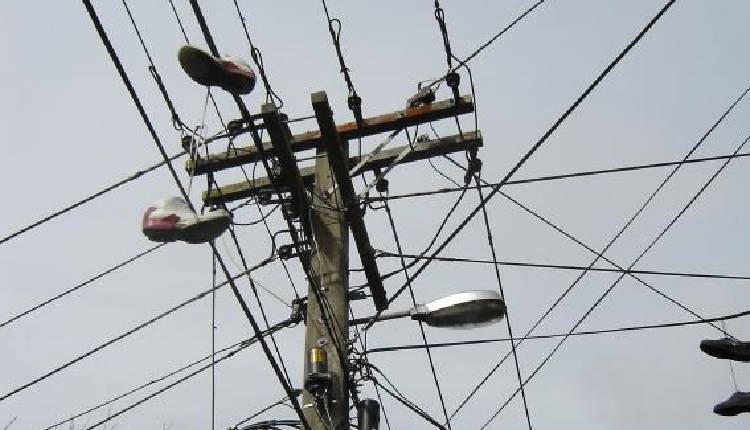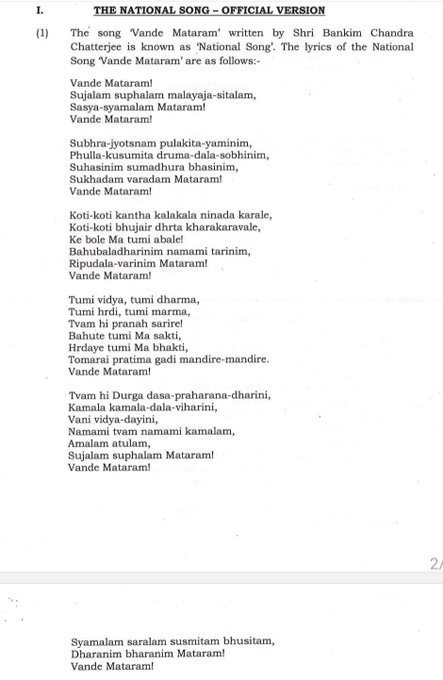Bhubaneswar: Sanitary Napkins are the factor for Women facing most of their major health problems in their reproductive age group such as infertility, sexually transmitted diseases and infections, PCOS and so on. Awareness of using and properly disposing of used napkins is one of the most needed concerns we should address.
Among the rural mass, the most pertinent subject which needs to be addressed is how far the women who are in their reproductive age group are aware of the usage, and disposal in proper way and risks relating to other health factors. Women especially in rural areas need to be oriented in this regard.
First and foremost, menstruation should be treated normally. The taboos surrounding this subject have to be terminated as it is not any health hazard or matter to be ashamed of rather it is only a part of a woman’s body or health like any other bodily changes. So the people around a woman and a girl or the society at large should be educated on this to make things easier. It is a stout belief in a major part of the population in our country that manipulation is impure, dirty, and a curse gas a result of this women within the age group of 14 to 45 are mostly restricted from performing religious activities.
As per the 2011 Census data, in India, there are around 336 million women and girls who are their reproductive age, and go through their monthly menstrual cycle for 2-7 days every month and yet the topic of menstruation is reached to be a secretive affair and hid inside the ‘newspaper wraps’ or ‘black plastic bags’, which is given to most of the women whenever we go to a shop for buying sanitary napkins.
First and foremost the younger generation especially adolescent girls are more sensitive towards the subject of menstruation, puberty and the urgency of reproductive health requirements. So the importance of education on menstruation and reproductive health in schools as well as families is extremely important for adolescent girls. Adolescent girls lack knowledge on the proper use or disposal, basic hygiene during menstrual cycles and most importantly, scientific knowledge about reproductive and menstrual health. Girls in their teens face a lot of challenges in managing their menstrual cycles, not handling it healthily can affect their physical as well as mental health. Not just sexual transmitted infection, but her education, self-esteem, and confidence also goes for a toss.
Socio- cultural taboos, gender discrimination and inequalities, poverty and lack of basic necessities make the women and young girls vulnerable to various reproductive health issues. International organisations like Unicef, WHO as well as many government programs and non- government organisations work towards dissipating awareness on menstrual hygiene, health with purpose of eradicating girls education and empowerment. Basic menstrual hygiene like using sanitary napkins, using toilets, availability of sufficient clean water for sanitation should be well adequate so that women can get their freedom of choice and rights to avail a healthy life, take decisions and adopt education as per their choice.
-OdishaAge




